Compliance Digest – April 7
Account Recovery
APRIL 6, 2025
The debtor filed an FDCPA case in federal court, alleging Midland tried to collect a debt without owning it. The court considered the issue based on the collateral estoppel defense. A collection case was filed and a default judgment awarded. The district court judge dismissed the matter and the 8thCircuit affirmed.

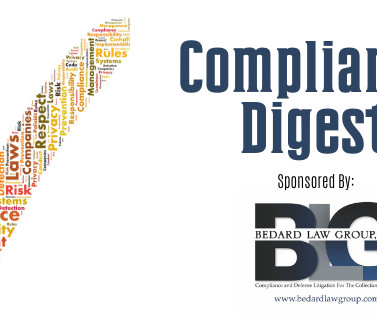
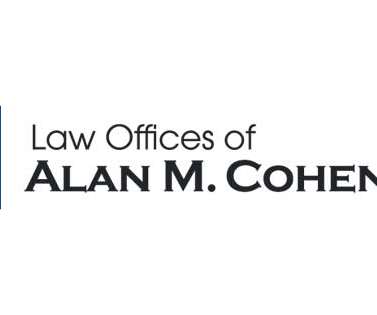




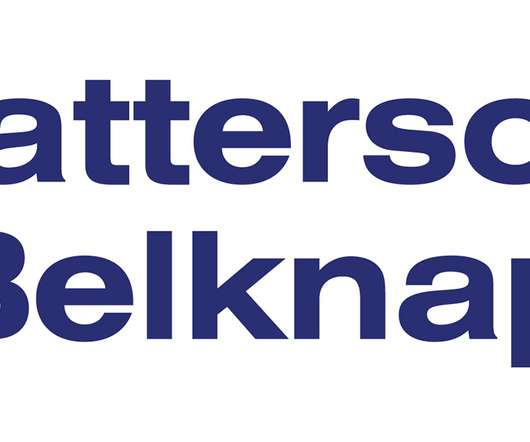

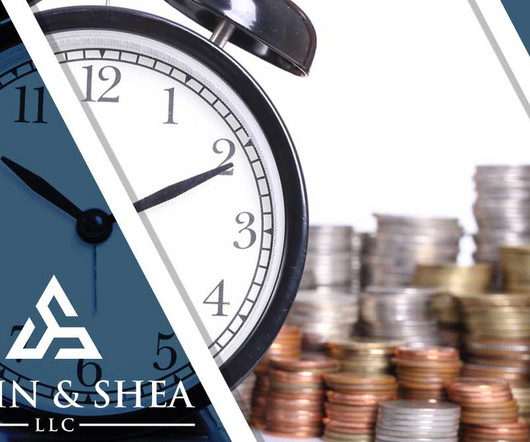


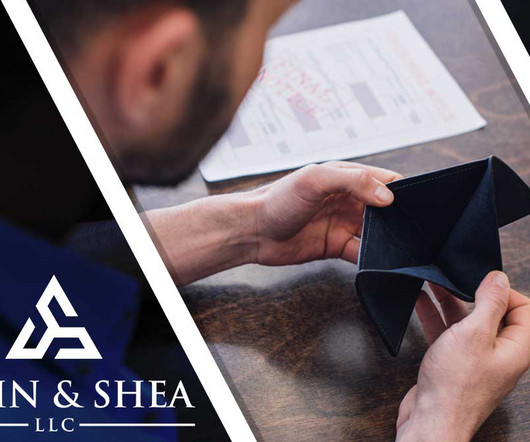














Let's personalize your content